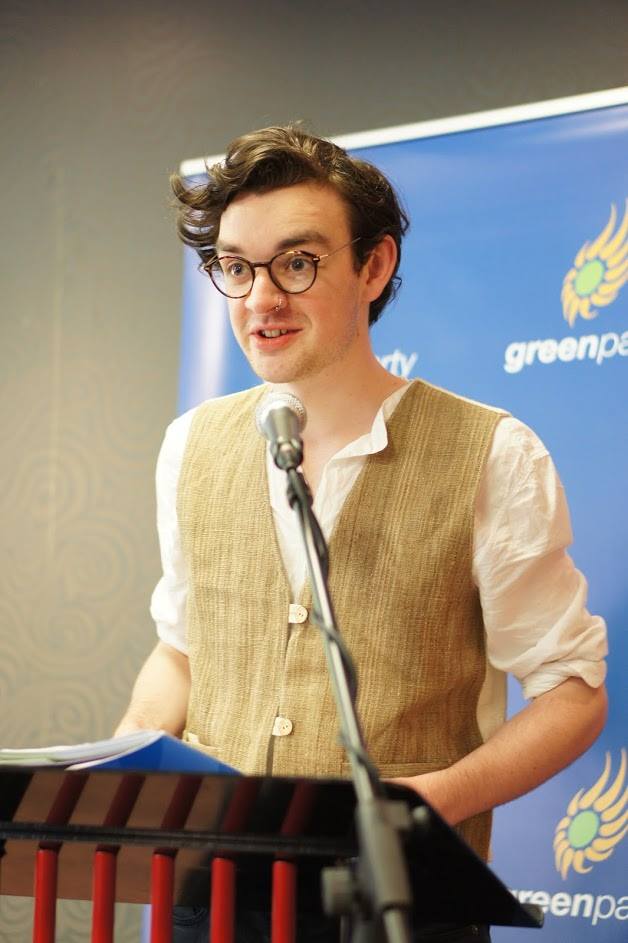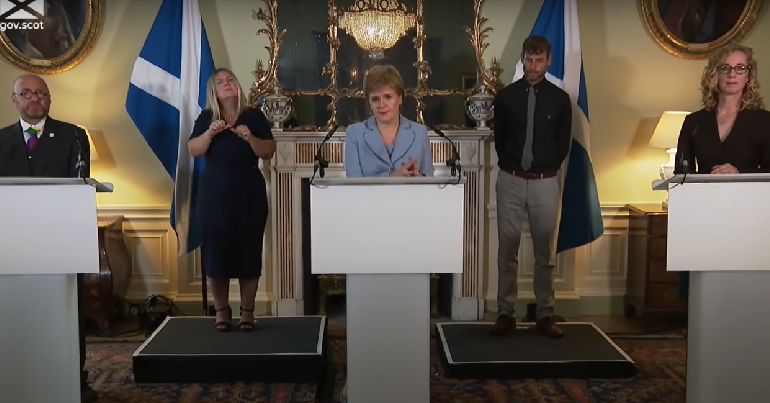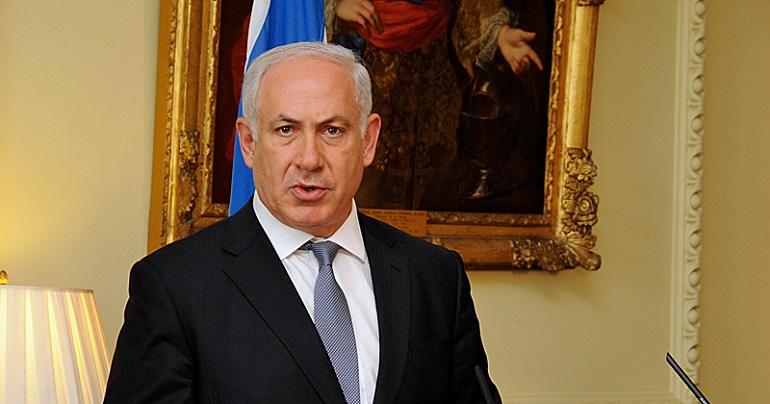A safe space for the marginalised: Young Greens in Northern Ireland

Young people are discouraged from politics in Northern Ireland. Not that that’s isolated to the region: across the world you’ll find disenfranchised youth turn on traditional politics. But here, the post-ceasefire generation just can’t widely participate in a politics dominated by Northern Ireland’s past.
A combination of a political culture defined by old-fashioned sectarian divides, undemocratic structures and downright bigoted policies makes NI an extremely offputting place to become involved. It’s also part of the reason why engaging the disengaged is so important; because without them, there’ll be no pressure to make this place liveable; to redress horrendous social and wealth inequalities and to make it democratically representative and accountable to people’s needs. Without pressure from the angry and energised, NI can’t change like it needs to; no-one else will force progress on it.
The task of creating a large, engaging, hopeful campaign is a massive one – and not one to cover in full here. But a very significant part of that campaign is its own accessibility. We need to build a movement that’s accessible for the most marginalised people, so that those who need it most – the young, LGBT+, poor, disabled, women, ethnic minorities and those with mental health problems – can fight for what’s necessary from our state and our society.
So the question becomes – what group has to grow to build a participatory movement for young people to fight for the future we need? How does it welcome its participants?
To give a personal example, let me talk briefly about the perspective through which I became involved in the Young Greens in Northern Ireland.
At 17, I was struggling with anxiety and other mental health problems, which I had been completely unprepared to understand, and getting through the tail end of a secondary education system that seemed to commodify, disrespect, and disregard me. I was worried about the uncertainty my future held, and the possibility I would be isolated in a new city by having to eventually leave Northern Ireland to study at university elsewhere.
I had been active in my local Green Party branch for a year or so, and while it did resonate with my own politics, and it was encouraging building up the group locally, it was stressful trying to get through my own anxiety in my interactions with the group. If I had not already had familial ties to Green politics, I may well have not gotten involved, despite my political solidarity.
When I went to the Young Greens Northern Ireland AGM in April 2015, I found a group of people who I could easily interact with, who understood making people comfortable in social situations, and who I could speak to without having to push through my anxiety.
Culturally, I found the Young Greens had an understanding of access to marginalised people – partly by being young people themselves, but mostly as a result of being made up of those who had seen Green politics as the counter to a political system which had disregarded them. Out of that common experience of being culturally and politically marginalised came a sense of solidarity that extended to anyone who wanted to take part, and took account of their needs, preferences and disabilities.
Two of the participants at that AGM were Georgia Grainger and Ellen Murray. Georgia, from whom I took over as Young Greens Chair, and Ellen, transport activist, trans youth worker and Chair of GenderJam NI, are both autistic women who identify as queer, and both are young Green candidates in the upcoming elections to the Northern Irish Assembly (Georgia in Strangford, and Ellen in West Belfast).
People like Georgia and Ellen were crucial in creating the atmosphere free of judgement and macho-ism, facilitating neurodivergences, and encouraging involvement without pressuring it, which impressed on me a desire to get more involved, and to spread that atmosphere as widely as possible, to reach the people who need it most.
The Young Greens serve many roles – keeping the Green Party tied to its radicalism, representing young people within the Party, reaching out to universities and colleges to spread the Green message. But what I’ve come to realise is that the most important function for the Young Greens is in creating a space where marginalised people can be comfortable to become active, to expand their political knowledge, and to come together with hope and purpose to create a better world than the one we were born into; one that’s failed us so far.
We have to be the group that people can come to with interest, without having to hide their differences and disabilities, which is open and friendly, and which allows people to grow through us, and become more active and experienced. We can give people the confidence needed to participate in the Green Party and wider political activism; to go out and proudly help change the world. Through our being accessible and transparent, we can facilitate the involvement of groups who need Green politics most- the disadvantaged, marginalised, and oppressed.
By being open and welcoming of people this way, we can start building the anti-sectarian, radical progressive movement that Northern Ireland needs. We can be the cross-section of the oppressed, working together to create the culture we need to fight back against bigotry, corruption and capitalism.
In the Young Greens, we have to be here to welcome the dispossessed, and help them shape the direction of politics here as best we can, in an environment which welcomes the victims of our unfair society, while working to make that society safe, sustainable, and equal. If we’re not accessible, we’re not helpful; if we don’t represent the oppressed, then what are we here for?




Leave a Reply